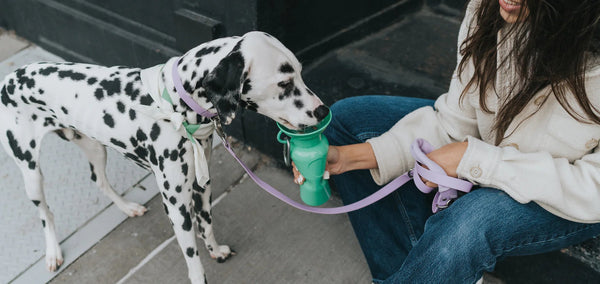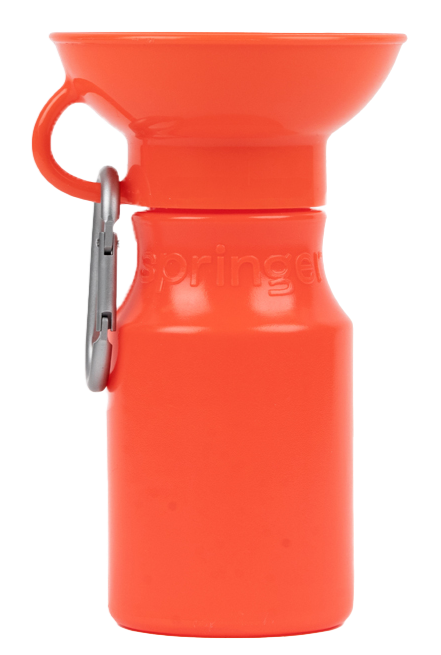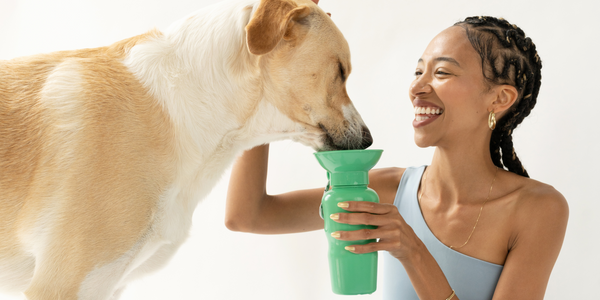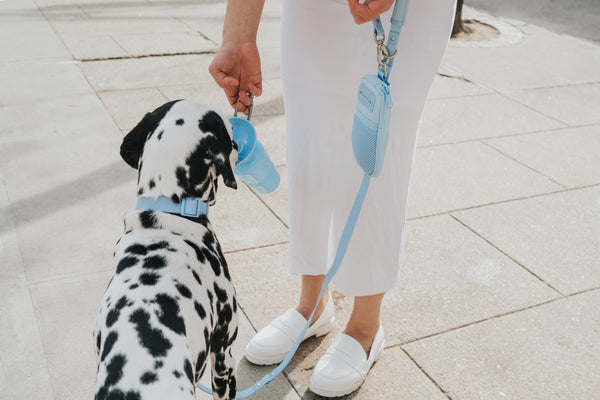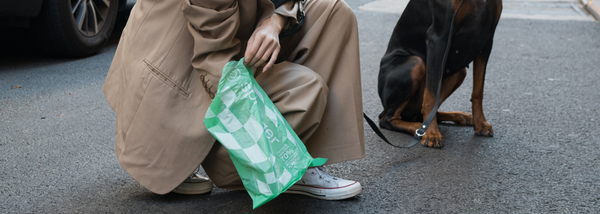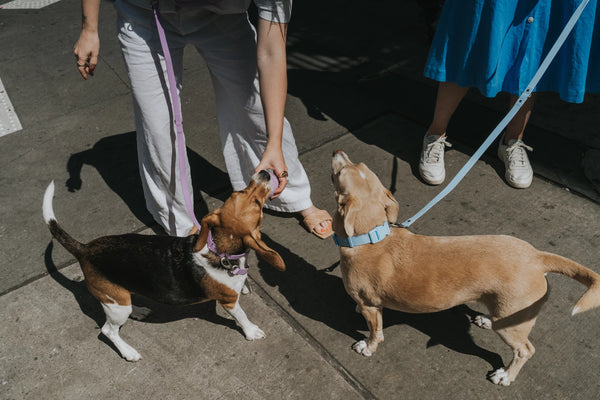As dog owners, we want nothing but the best for our pups. One crucial aspect of their well-being is proper hydration. Dehydration in dogs can lead to various health complications, so it's essential to be aware of the signs that indicate your dog may be dehydrated. In partnership with our friend over at Bond Vet, these are the key indicators that can help you recognize dehydration in your dog, allowing you to take prompt action and ensure their health and happiness.
1. Dry Gums and Nose
One of the most noticeable signs of dehydration in dogs is dry gums and a parched nose. Normally, a well-hydrated dog will have moist gums, and their nose will be wet to touch. If you find your dog's gums are dry or sticky, and their nose lacks moisture, it may be an indication that they are dehydrated.
2. Lethargy and Weakness
Dehydration can cause dogs to become lethargic, weak, and less active than usual. If your normally energetic and lively companion suddenly seems sluggish or uninterested in activities they typically enjoy, it could be a sign of dehydration. Keep an eye out for any noticeable changes in their behavior or decreased enthusiasm.
3. Loss of Skin Elasticity
Checking your dog's skin elasticity is a simple test that can provide valuable insights into their hydration status. Gently lift the skin between your dog's shoulder blades and release it. In well-hydrated dogs, the skin should quickly return to its original position. However, if the skin takes longer to go back or remains "tented" (stays elevated), it suggests dehydration.
4. Sunken Eyes
Dehydration can cause a dog's eyes to appear sunken or dull. If you notice that your dog's eyes seem unusually hollow or lack their usual brightness, it might be an indication that they are not receiving adequate hydration. Sunken eyes can be a visual cue to monitor your dog's water intake more closely.
5. Decreased Appetite and Urine Output
When dogs are dehydrated, they often experience a reduced appetite and produce less urine than usual. If your dog seems disinterested in their food or water, or if you notice a significant decrease in the amount of urine they are producing, it could be a sign that they are dehydrated. Monitoring their water intake and bathroom habits can help you identify any concerning changes.
Seek veterinary attention if you suspect your dog is dehydrated based on the aforementioned indicators. Dehydration can be a symptom of an underlying health issue, and professional evaluation is necessary to determine the cause and provide appropriate treatment. Your veterinarian can assess your dog's hydration status, offer medical advice, and recommend strategies to prevent dehydration in the future.

